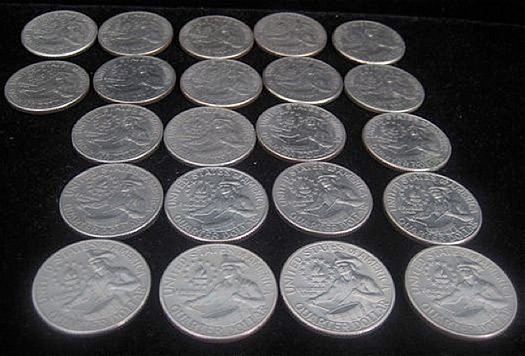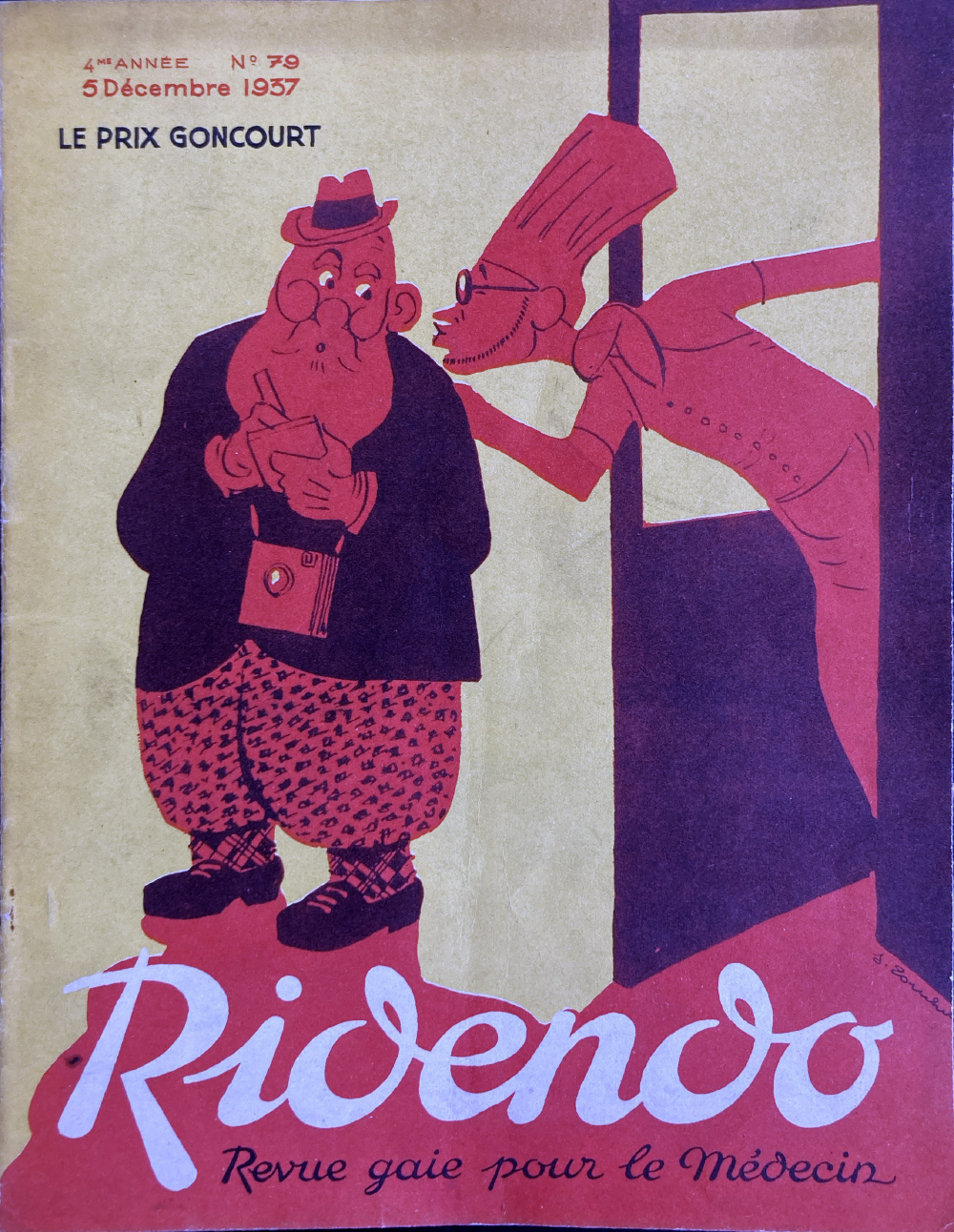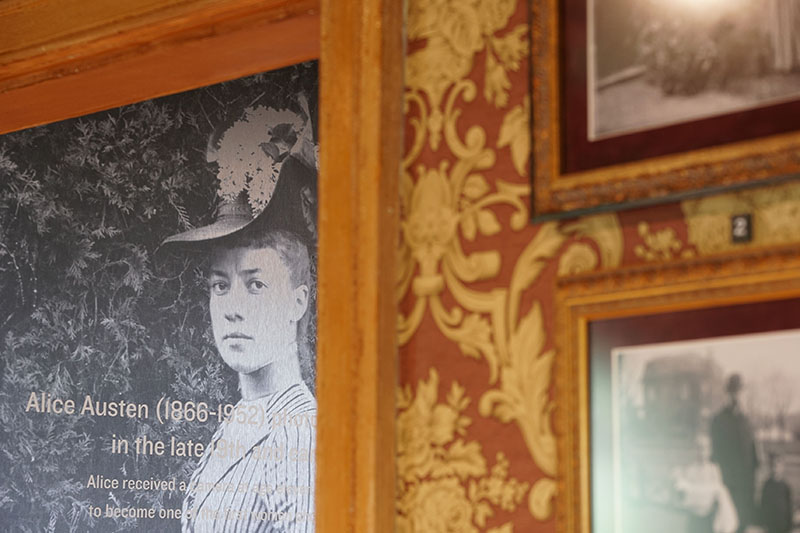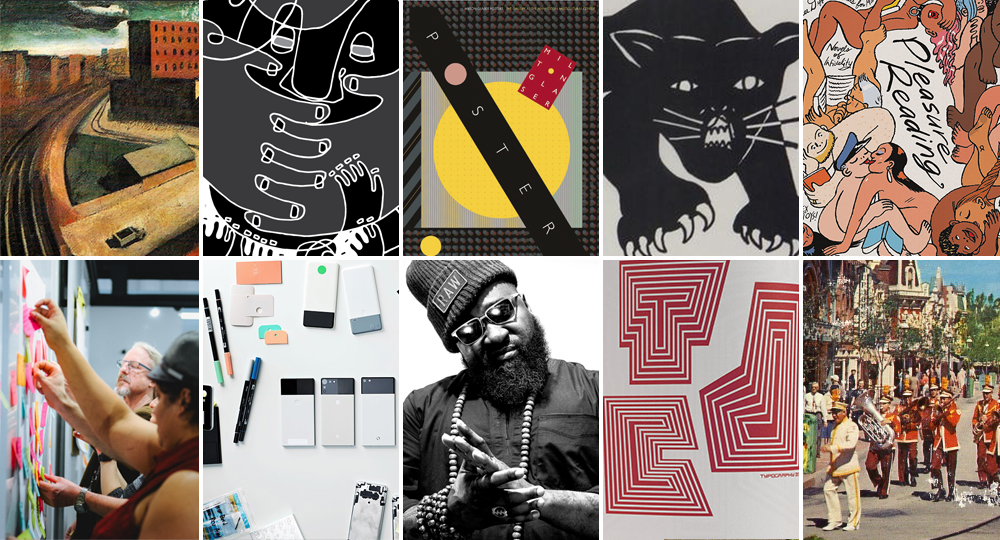
December 9, 2010
Rob Walker’s Collection of Bicentennial Quarters

I’ve tried to collect things in the past, but I always fail. I buy one or two patent-medicine bottles, or old issues of Fortune, or whatever, and then I lose interest and feel like (that is: I realize that) I’m wasting money.
However, I have been collecting Bicentennial quarters for about six years now, maybe longer. I know it started after and maybe as a kind of perverse response to, the U.S. Mint’s 10-year cycle of introducing state-specific quarters for limited periods. As you can see, I have 22 Bicentennial quarters to date. I peg the value of my collection at $5.50. I could put the whole of it in my pocket, if I wanted to. But instead I keep it in a little box on a shelf in my office.
I don’t seek out Bicentennial quarters. I’m not even sure how I would. Can you buy them on eBay? Anyway, I don’t want to seek them out. Here’s how my collecting works: When someone hands me change that includes a quarter, I examine that quarter. If I see a drumming patriot, it’s in. This approach makes it pretty much impossible for my collecting to be shaped by anything except chance and observation.
That said, the connection to the Bicentennial is not irrelevant. I was seven years old for most of 1976, but even at that age I felt that there was something tacky and depressing about the celebrations marking the 200th “birthday” of the United States. I didn’t really have a handle on concepts like Watergate, or Vietnam, but I did get taken by my parents to a Ford rally, where I got a Whip Inflation Now sticker and somehow picked up on the idea that a lot of people were in a pessimistic mood. Nobody really seemed into the whole yay-America thing; it all seemed like a bummer. As Thomas Hine astutely puts in the title of his terrific book about the 1970s and its now-hard-to-believe aesthetic, it was the era of The Great Funk. So I remember the Bicentennial as involving people in awful costumes, going through the motions of singing songs nobody wanted to hear, under the flicker of a poor fireworks display. Perhaps all of this was my first exposure to the concept of the marketing gimmick?
In any case, a marketing gimmick is what these quarters finally are, to me — a feeble attempt to lend “talk value” to the American idea, via the inescapable medium of currency. I started collecting these quarters partly as a joke on the idea of collecting, but also because one day somebody handed me one and I said to myself: “Oh yeah. These.” It struck me as funny that such a thing ever existed and funnier that it still exists. Who’s idea was this? What on earth was the goal?
It’s no more pointless then the Mint’s 50 States Quarters Program, of course. And in fact it I now see it as pointless in a way that’s strikes me as more innocent, naïve, hopeful, even sweet. I’m actually glad they did it. Despite everything I just said, mostly my memories of 1976 are in fact quite fond. I wouldn’t want to go back to that era, but I’m happy to have experienced it, perhaps especially as a child, because it really is a lost world — a time not just before the Web, but before Reagan, before cable (where I grew up anyway), before a lot of good things and a lot of bad things. Yet I was there!
And so were these quarters. All 22 of them. And counting.
Observed
View all
Observed
By Rob Walker
Recent Posts
A new alphabet for a shared lived experience Love Letter to a Garden and 20 years of Design Matters with Debbie Millman ‘The conscience of this country’: How filmmakers are documenting resistance in the age of censorship Redesigning the Spice Trade: Talking Turmeric and Tariffs with Diaspora Co.’s Sana Javeri Kadri
 Rob Walker is a technology/culture columnist for
Rob Walker is a technology/culture columnist for 


